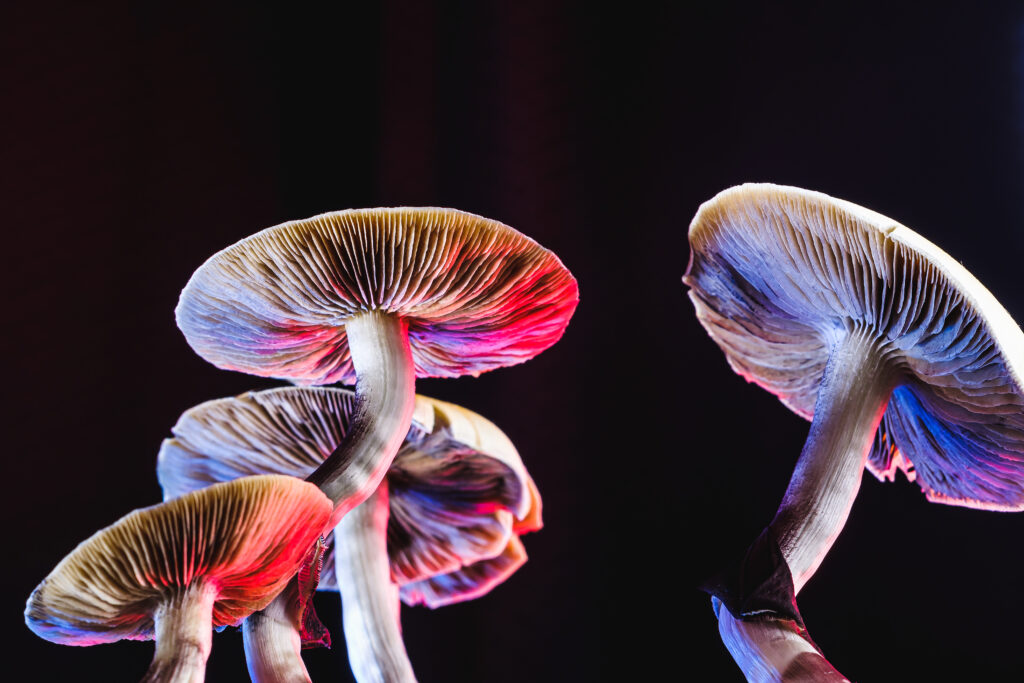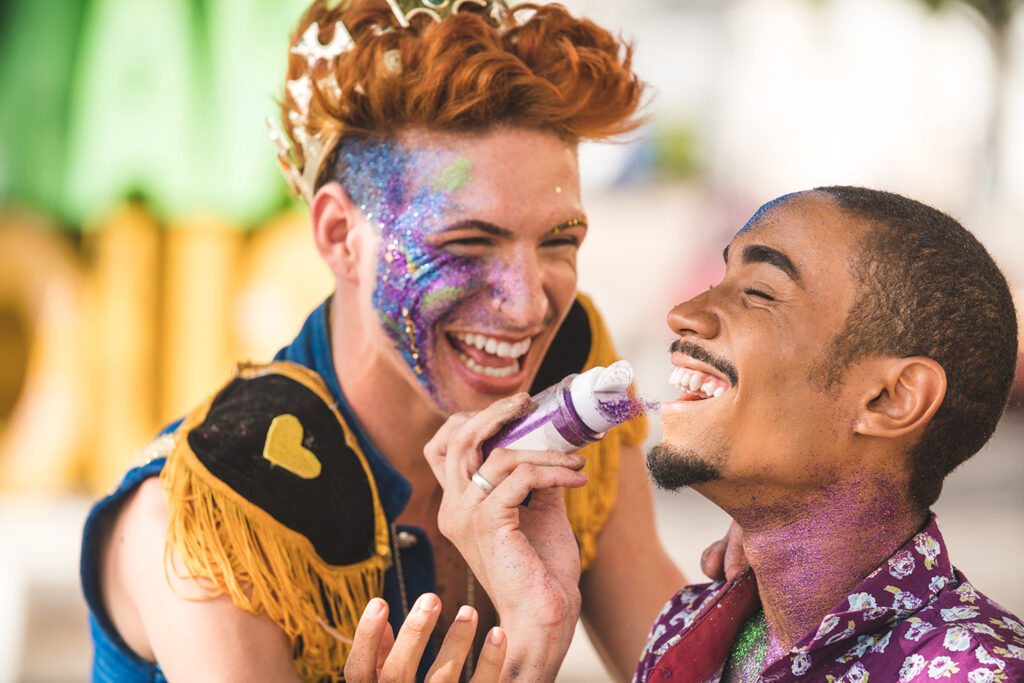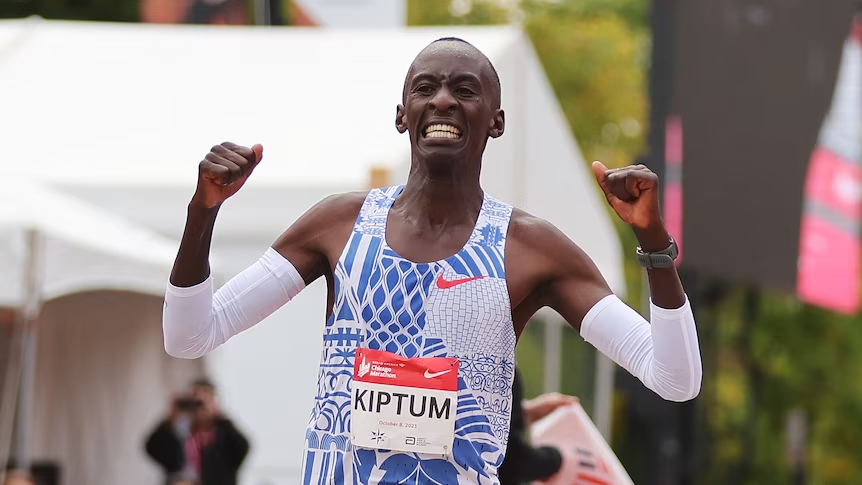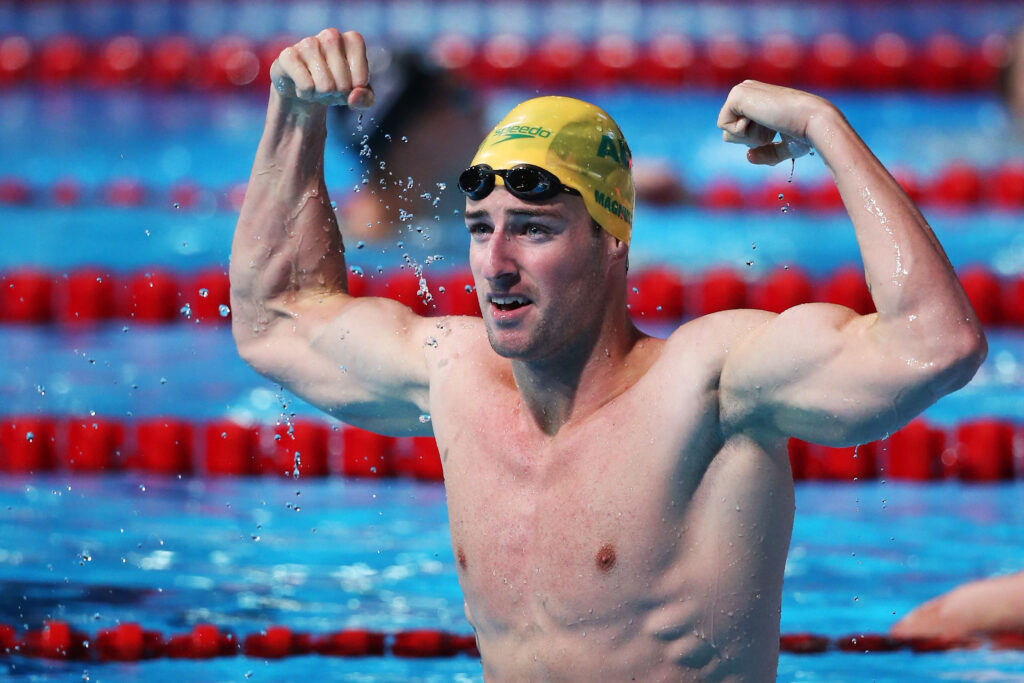As Australia continues its urgent push for vaccination across the country, many are now looking to the future. With the lure of travel on the horizon and a return to normality as we once knew it drawing ever closer, health officials and scientists are already looking to the next step: one that includes booster shots and vaccine touch-ups.
As outlined in The Atlantic, the current pandemic has drawn comparisons to measles, a virus that is much more infectious than SARS-CoV-2 and kills many of the inoculated children it infects. But as experts proclaim, vaccinations for measles prevent many from getting the virus and for those who do get a case of “modified” measles as a result of a rare post-vaccination illness, the symptoms are incredibly mild. It’s for this reason that scientists are looking at measles as something of a roadmap out of Covid-19, or at least the pandemic as we now know it – where lockdown laws affect large populations greatly, seeing them take refuge at home for months on end, only to return to the outside world and find Covid-19 hasn’t gone anywhere, but was merely waiting behind our doors.
As Covid-19 becomes endemic, we will soon have to live with it but currently, we are a long way off from being able to officially label post-vaccination Covid-19 cases as “modified” and some argue they might never be as those who are immunised with the vaccine and contract the virus are still getting dangerously sick. But for the majority, the vaccination is not only saving lives, but also making contracting the virus itself far more tolerable. Breakthrough infections are briefer, milder and less contagious. As Lindsey Baden, an infectious-disease physician and Covid-19 vaccine researcher at Brigham and Women’s Hospital in Boston told The Atlantic, “It’s a very different kind of infection than in people who are immunologically naive.”
But if Covid does in fact become something that is inescapable, we might all find ourselves struck down by Covid-19 at some point in the future. Scientists proclaim that thanks to vaccinations though, the Covid-19 we might experience will be far tamer than pre-inoculation. Inoculated bodies are harder to infect with the virus and in those that SARS-CoV-2 still manages to infect, the virus seems to be purged much faster, with less time to cause symptoms – particularly the bad ones – and fewer opportunities to infect others.
A recent study from the United Kingdom saw researchers study nearly 4.5 million people via a cellphone app. They asked whether they’d tested positive for the virus, and if they were experiencing any of the two dozen symptoms. Of those analysed, roughly 1 million had received at least one vaccine dose. Among the fully immunised, nearly all symptoms were more rare, with most cases being totally asymptomatic. Even the rate of Covid seemed to be substantially slashed by the vaccinations.
As Katherine J. Wu writes for The Atlantic, “Most people will end up getting Covid-19 in their lifetime. In most cases, it won’t be so bad. Eventually, silent or mild infections will feel less catastrophic, because many of us will have confidence that they are unlikely to progress. Outbreaks might be smaller and slower-spreading, and breakthroughs will no longer be headline-making news. Positive test results, in the absence of symptoms, could generally be shrugged off, and infection will no longer feel quite so synonymous with disease. Our bodies will come to see the virus as familiar – not necessarily a welcome guest, but not quite the intruder it was before.”
















